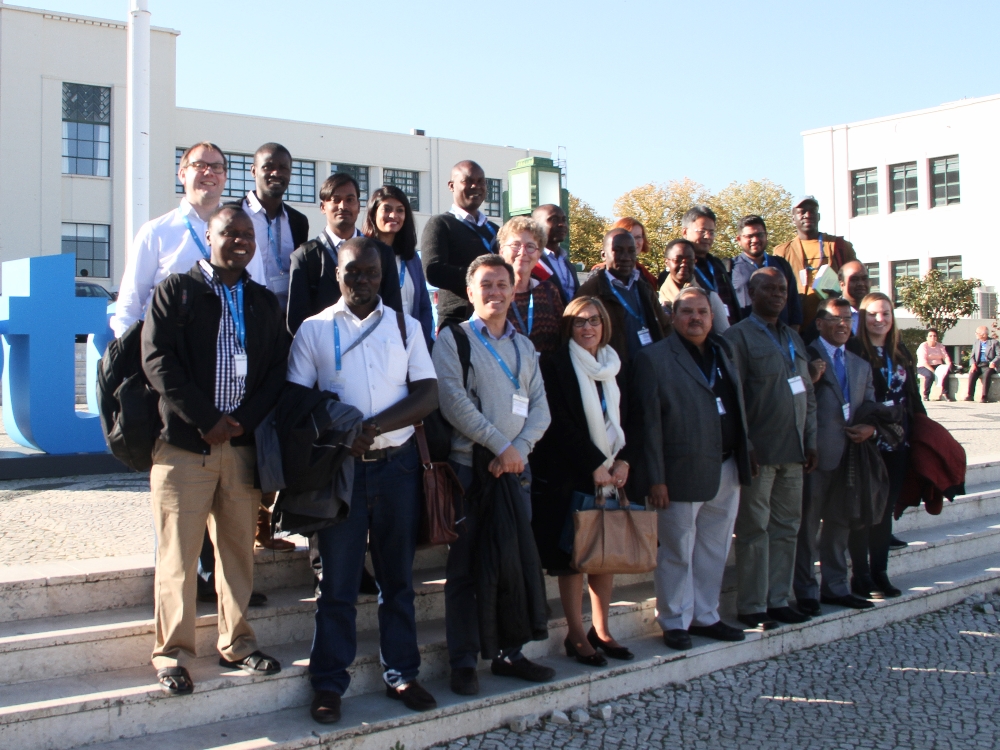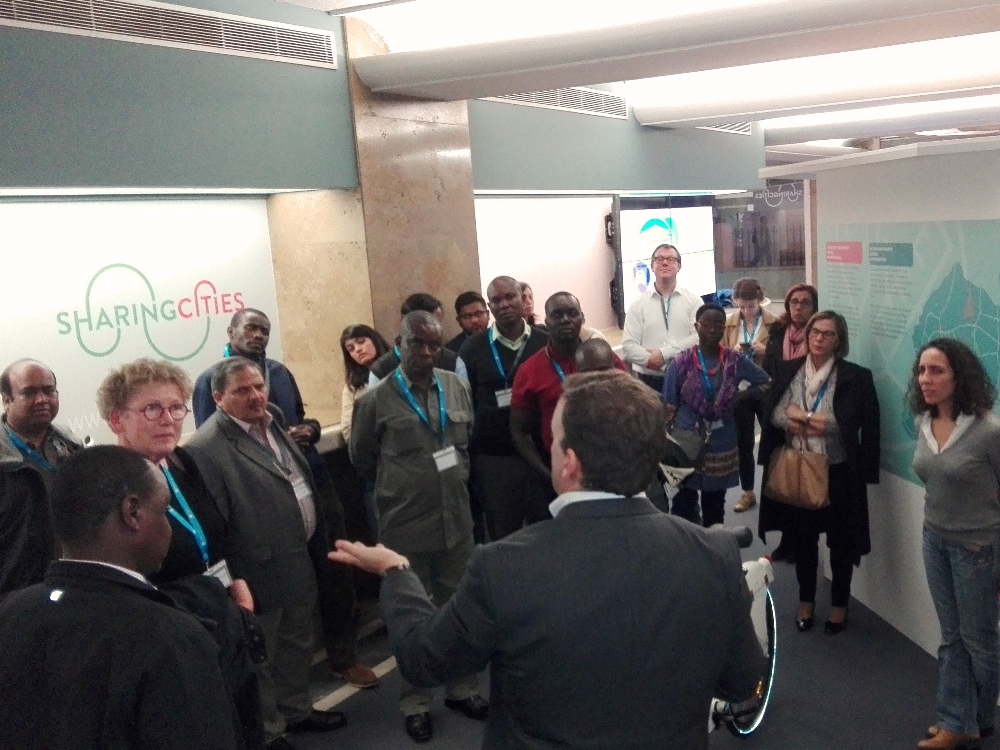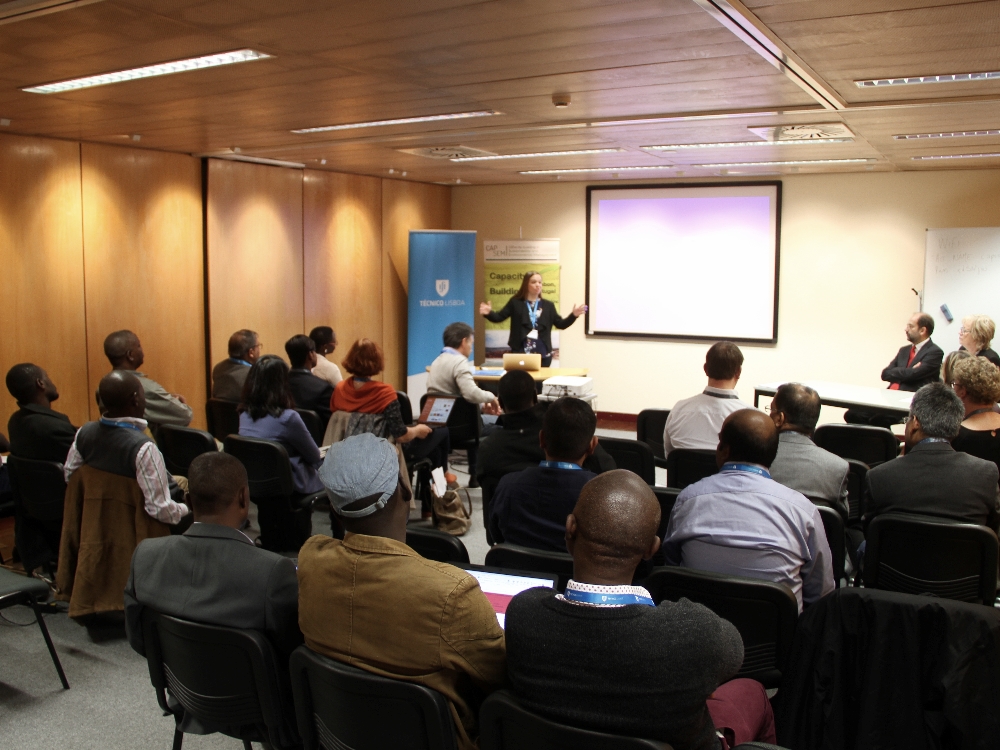IN+ welcomes workshop in Capacity Building for Sustainability and Environmental Management 28/11/2017
 IST and IN+ Center for Innovation, Technology and Policy Research welcomed the international partners of project CapSEM – Capacity Building in Sustainability and Environmental Management in Lisbon, from November 15th to 17th, for three days of knowledge exchange and updates regarding the project.
IST and IN+ Center for Innovation, Technology and Policy Research welcomed the international partners of project CapSEM – Capacity Building in Sustainability and Environmental Management in Lisbon, from November 15th to 17th, for three days of knowledge exchange and updates regarding the project.
CapSEM is a project funded by the Erasmus+ Program for capacity building and knowledge exchange with partners in India, Nepal and Uganda, partnering with higher-education institutions (HEI) and companies, in matters of Sustainability and Environmental Management.
Tecnico Lisboa is the Portuguese partner, operating through IN+. The project is coordinated by NTNU (Norway), with Tecnico Lisboa, and Delft University (Netherlands) as the other European partner.
CAPSEM aims to contribute to the global agenda for sustainable development, including the UN Sustainable Development Goals and the UNFCCC Climate Agreement, and help combat climate change and global poverty from a transregional perspective. Viable solutions for such global problems will only be created through collaborative partnerships and increased educational capacity and sustainability knowledge around the globe.

 The Welcome Session took place in the Sharing Cities Showroom of Lisbon Municipality, with the participation of representatives from the Lisbon Municipality, the main energy company in Portugal (EDP) and Circular Economy Portugal, thus providing an overview of the Portuguese activities in energy efficiency and environmental management at institutional and company levels.
The Welcome Session took place in the Sharing Cities Showroom of Lisbon Municipality, with the participation of representatives from the Lisbon Municipality, the main energy company in Portugal (EDP) and Circular Economy Portugal, thus providing an overview of the Portuguese activities in energy efficiency and environmental management at institutional and company levels.
The sessions scheduled the following days took place in Tecnico Congress Centre with the patronage of Caixa Geral de Depósitos. During the workshop, NTNU presented a summary of the progress of the project. Our African and Asian partners updated us on their curriculum developments and stakeholder engagement plans, and discussed future steps with the remaining partners. Finally, TU Delft presented its plan for supporting the development of online courses.
With the materials developed for the project, CapSEM partners hope to involve professors, staff and students of the HEI partners, and eventually collaborate with educational and training institutions, as well as local and regional businesses and industry, consumers, policy makers, and suppliers in global value chains. For now, CapSEM partners hope to proceed to the training of industry partners and promote internships with the local industry, implement online courses and formal course and testing, as well as an industry training seminar evaluation.
Further questions about this project should be addressed to Professor Fernanda Margarido.



